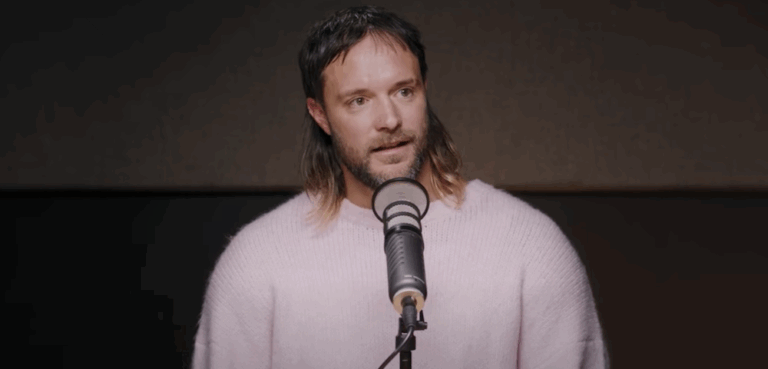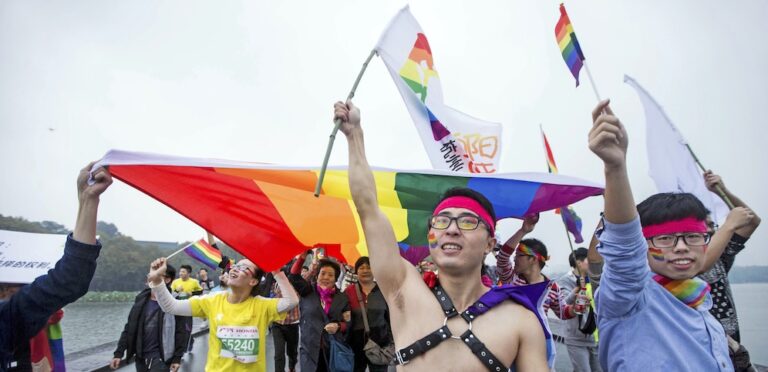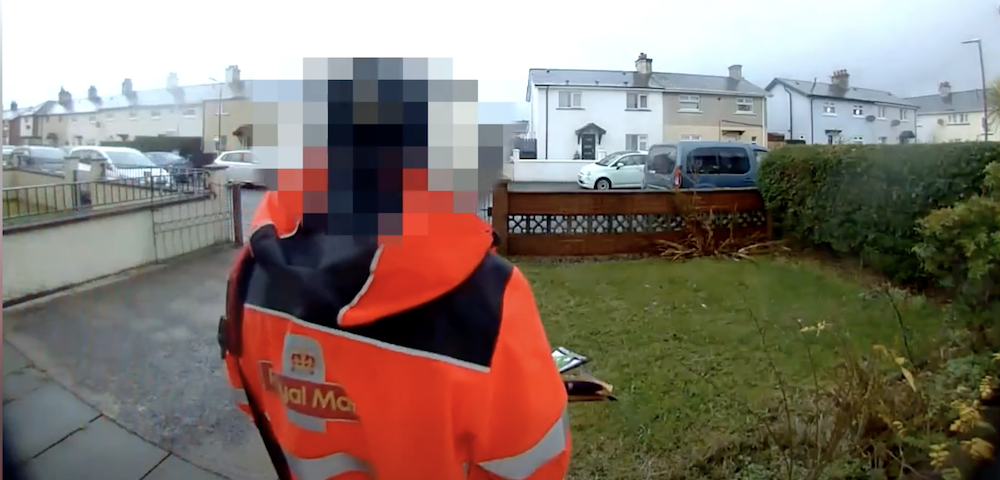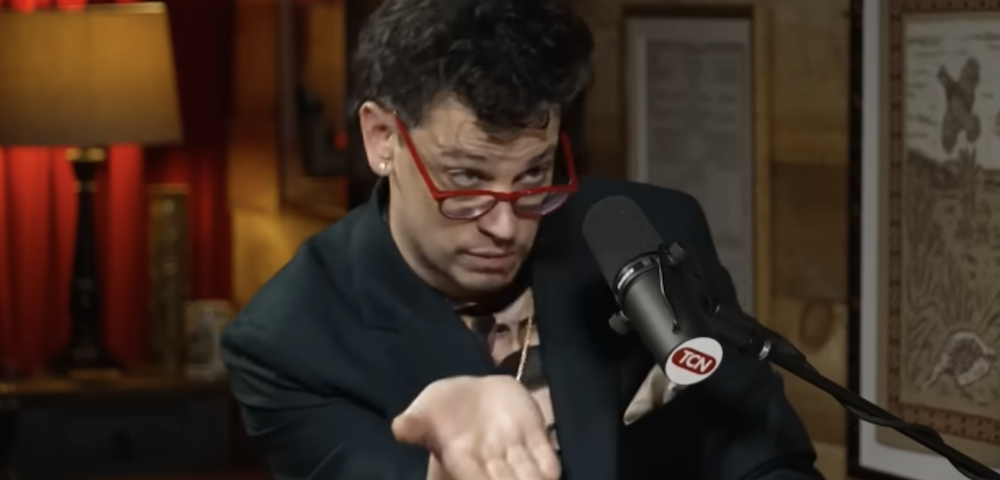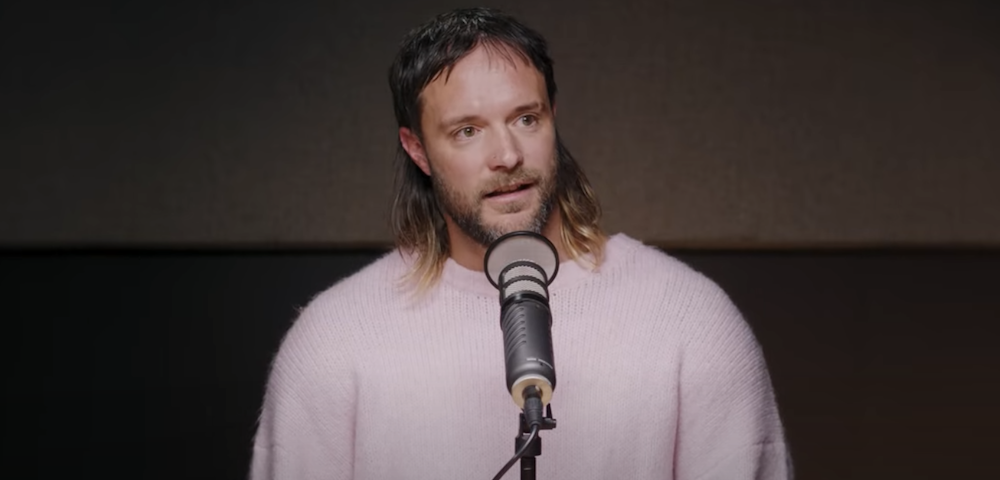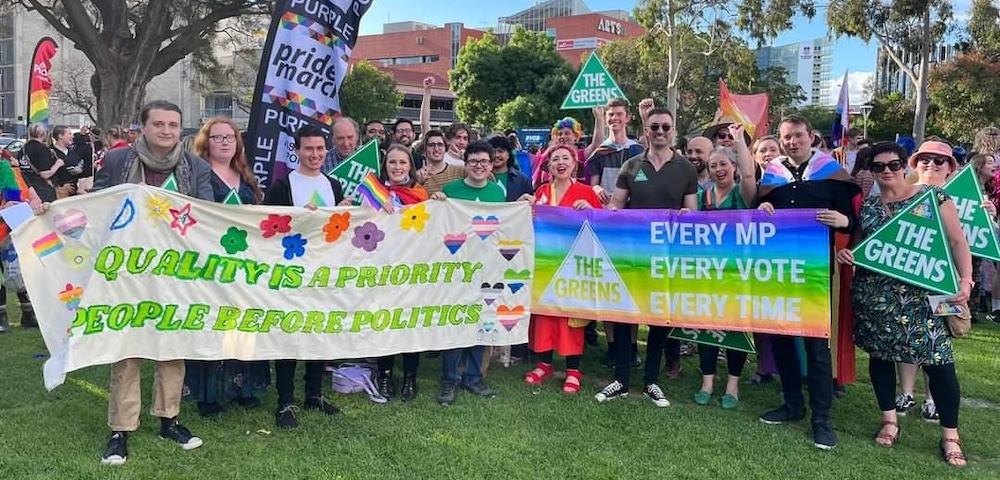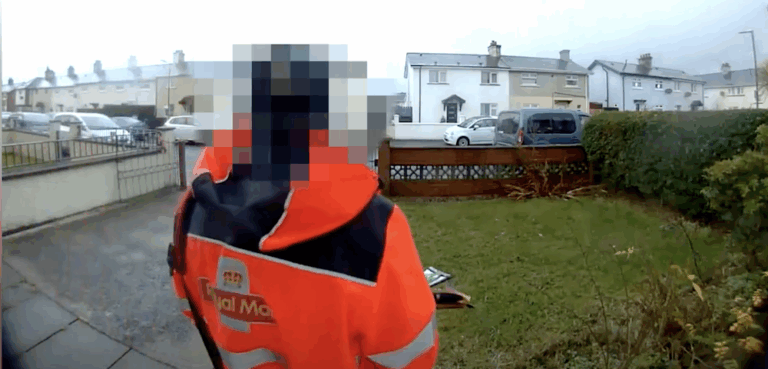
Andrew Barr Aims To Make Canberra Australia’s Most LGBTQI Friendly City
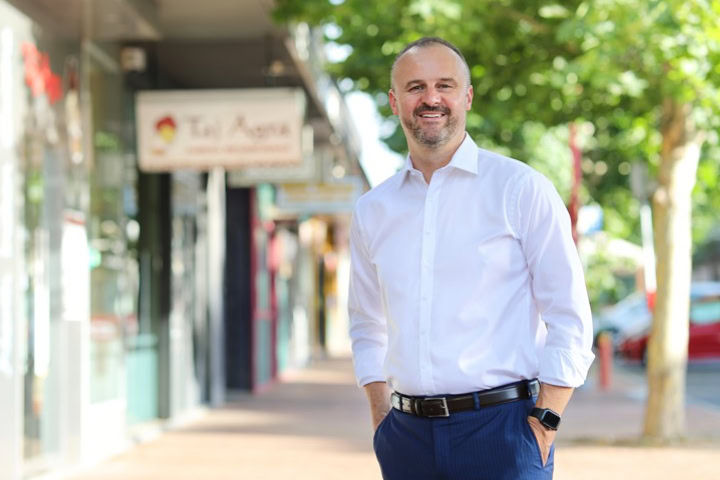
From bushfires and a hail storm at the start of the year to the ongoing global pandemic, this year has tested Andrew Barr’s leadership skills like no other.
When Barr took over as ACT Chief Minister in 2014, he became the first and so far the only openly gay head of a state or territory in Australia. He now steers ACT Labor, as the party sets its sights on a sixth consecutive general election win this October.
A welcome change this time around is that his sexuality has barely figured in the election campaign – even his opponents have come around to realise that this particular line of attack may not work. That is a far cry from when he first contested elections to the legislative assembly a decade and a half ago.
The issue was not far from the radar of conservative religious organisations earlier this year when they threatened to run negative advertising campaigns against Labor candidates who supported the landmark legislation to ban conversion practices in ACT. Barr, unfazed, pushed ahead to see Labor, with the support of their coalition partners the Greens, ensure the law was passed in Parliament in August.
Homophobia, political rivals or a once in a century global pandemic have not tripped his stride as Barr looks to get re-elected. He has outlined his vision for a second full term – a COVID recovery, investments in infrastructure and health, and as he told Star Observer in an exclusive interview he aims to “make Canberra the most inclusive and LGBTQI friendly city in Australia.”
Barr embarked on his political journey in the 1990s, before a brief hiatus, and then a return to the thick of politics in 2002.
“I didn’t come out until I was in my mid 20s. I had been sort of reasonably well established in terms of the local Labor Party (when he came out in the late 1990s). I have to a large extent, pioneered or at least laid a pathway for LGBTQI candidates to run, both in my own party and indeed for other parties now.”
Over the past two decades while the country has changed, Barr acknowledges the fact that homophobia continues to exist in politics and out of it. He too has faced the brunt of those attacks.
“There will be a degree of personal criticism when people who wish to make a political point against me are sort of grounded in homophobia. They seek to reference my sexuality as a reason why I shouldn’t be in the Parliament or in the position that I’m in. So that still exists, but it is certainly a lot different now than when I first started 14-15 years ago,” said Barr, while quickly pointing out Canberra’s progressive credentials – “we had the highest ‘Yes’ vote in the marriage equality plebiscite, and the electorate I represent is probably, if not the most progressive in Australia. ”
LGBTQI In Politics.
While homophobia remains today at the fringes, Barr said it was heartening to note that it was becoming less and less of a factor, which in turn has encouraged many more LGBTQI people both within his party and others to seek a career in politics.
“Today in this campaign it (his sexuality) has barely come up at all. So I’m viewing that as some pretty encouraging progress. And then as I look across there’s quite a few open LGBTQI candidates running in these elections. Within my own cabinet three of the eight ministers are openly gay or lesbian. Overall there are 137 candidates for the 25 seats in this election. In the Labor Party, the Rainbow Labor team effectively is one in five of our 25 candidates. The Greens party have some openly gay candidates as do some of the minor parties. I don’t think our Conservative opposition has any – certainly none that I’m aware of who are openly LGBTQI,” he noted with a chuckle.
“My assessment is that there are many places in Australia where a candidate’s sexuality would not be a major feature of a campaign – that would not be used against them. In some instances it could in fact be quite positive in their favor, in particular constituencies.”
His advice to those looking for a career in politics is to start and plan early, join a political party and be aware of the pre-selection process.
“Part of the issue at times in terms of barriers to participation can be that people see an election campaign and go ‘Oh! I might be interested in running for Parliament!’ But, then it’s too late – the pre-selections have occurred. My advice to people, considering it is – Please do. We need more diversity in our Australian Parliament, but go into it with your eyes open. Know that you are making a commitment over a number of years. You can’t just join one week before the election. Getting elected in Australia involves having to fundraise, build up volunteer networks and run campaigns. So you need to have a little bit of a longer run up and the analogy is a bit like a plane taking off, you need a longer runway if you want to get there.”
The Story Behind The Campaign Against Conversion Practices.
One of the signature reforms that the Barr government put its stamp on was the landmark law against conversion practices. The ACT law is a milestone and was welcomed by survivors as it covered both health settings and religious organisations, unlike in Queensland.
“We had effectively a two year process of engagement with stakeholders on both sides of that discussion – trying to find common ground, particularly when it came to the the legal definitions of conversion therapy and conversion practices. People’s instinctive response was that conversion practices are bad and should be outlawed. You don’t find too many people even those on the conservative side of the ledger who would go out and argue in favor of conversion therapy. Where it gets more difficult is how it is defined, and what sorts of activities are potentially captured within those legal definitions. So we went through a process involving our LGBTIQ ministerial Advisory Council, we engaged with key health stakeholders, key education stakeholders and with religious organisations.”
Barr pointed out that nearly all of the progressives as well as many mainstream religious organisations were happy to work on a law that allowed freedom of religion under our Human Rights Act, but put in place effective measures and remedies against coercive conversion practices. However, there are still groups like the Melbourne-based group Binary that has positioned itself against the rights of trans and gender diverse people.
“I don’t think there’s any world in which we’ll be able to convince groups like Binary or the Australian Christian Lobby – they saw the legislation, they commented on it, we went to some lengths to explain our intent, to provide legal advice and clarity on the legislation but in the end the process proceeded to an agreed bill that then passed in our Parliament. There were some minor amendments during the detailed debate on the legislation but that didn’t dramatically alter the intent,” said Barr.
While the opposition from conservative groups to the law against conversion practises was expected, the Liberal party’s opposition to the legislation was “disappointing” according to Barr.
“It became clear during the debate that there were some pretty powerful forces on the conservative side that were influencing even their more progressive MPs. I wasn’t surprised by it but a little disappointed. In the end they have not sought to make it a high profile election issue. We are certainly aware that they are undertaking some targeted below the radar campaigning amongst right wing religious groups. But that’s a relatively small proportion of the voting electorate in the ACT.”
Equal And Inclusive Canberra.
With the “nation leading” legislation becoming the law, the Barr government is looking at other issues that affect the LGBTQI communities. The Capital of Equality Strategy drawn up by his government envisions ACT as a place where “LGBTQI people, their families and communities are visible, valued and respected.”
“There’s a mixture of some further legislative reform around our Discrimination Act that we need to look at to modernise it. There are areas of public service delivery, for example, in our health system, and education where we need to better deliver programs and support for LGBTQI Canberrans. Another part of our strategy is about life in the city, social engagements, interaction, acceptance and having LGBTQI visibility in major government events and activities and in the city’s annual festivals and events,” said Barr, adding, “We have an objective (to make) Canberra the most LGBTQI friendly city in Australia.”
The COVID-19 Response.
The global pandemic put Barr and the government he heads at the centre of tackling the fall out from the public health emergency in the ACT. And, that was not the only disaster the region confronted this year.
“It would be fair to say that it’s been a challenging year. It started for us with the bushfire, with smoke all around Canberra. [Then] we had a massive hailstorm that did about $1.5 billion worth of damage to the city, that was a bit of a catastrophe and then as we were just recovering from all of that, the COVID pandemic started,” said Barr, pointing to the economic and emotional toll that this year has taken.
ACT recently marked over 90 days with no new Coronavirus infections and is slowly easing restrictions. The first coronavirus case reported in Australia was a man who flew from Wuhan to Melbourne on January 19. Barr said the priority since those very first days was to listen to the public health pandemic management advice.
“In the ACT we are very fortunate to have a great public health team within our health department. My priority was to listen to expert advice and then put in place a series of public health measures and economic measures that would support that advice to firstly contain the spread of the virus, to ensure that we had appropriately resourced public health facilities, to care for people who became quite sick and to support particular sectors of our economy that were very dramatically impacted by the public health direction.”
The government soon also realised that they could not hope to tackle this public health emergency without supporting the community.
“It has been very tough on hospitality, arts and entertainment, the university sector, on international students, temporary visa holders, recently arrived migrants, refugees and casual workers. A lot of people didn’t get support from the federal government so we as a territory government stepped in to provide that support. And that was the right thing to do, from a social justice perspective but it also meant that people didn’t have to go to work when they were sick and raise the risk of spreading the virus.”
The unique challenge while dealing with this wildly infectious virus that has ravaged communities around the world was the time delay between infections and when it surfaces in the community.
“I think the clearest message was that you get information that often reflects what was happening two weeks ago in your community, so you have no time to waste. You have to act immediately upon that information. To a certain extent it’s like driving looking in the rear vision mirror because you are really getting accurate data on what happened several weeks ago. With good predictive and indicative modeling, and good use of data you can get a sense of where your risk points are. You can then put in place measures to mitigate against those risks,” Barr explained. To other jurisdictions still tackling the COVID-19 virus, Barr offers this lesson: “get as much information as you possibly can to base your decisions and then make them quickly.”
Barr’s Elevator Pitch.
Asked what will be his elevator pitch to an undecided LGBTQI voter in ACT as to why they should vote Labor, Barr doesn’t miss a beat.
“We are experienced and progressive. We have a demonstrated record of leading Australia on LGBTQI reforms – legal, social and economic. We are a proudly progressive jurisdiction, and that only happens with strong leadership. And so that’s what I have sought to provide as the chief minister and leader of the Labor Party. Right now, in the midst of a pandemic and an economic downturn, the likes of which we hadn’t seen in this country for a century, the progressive government that I lead will advance social issues but also ensure job security. That no one is left behind economically, is more important now than ever. A government that will invest in public services, public health and public education for our community is what’s needed at this time.”
The ACT goes to the polls on October 17

